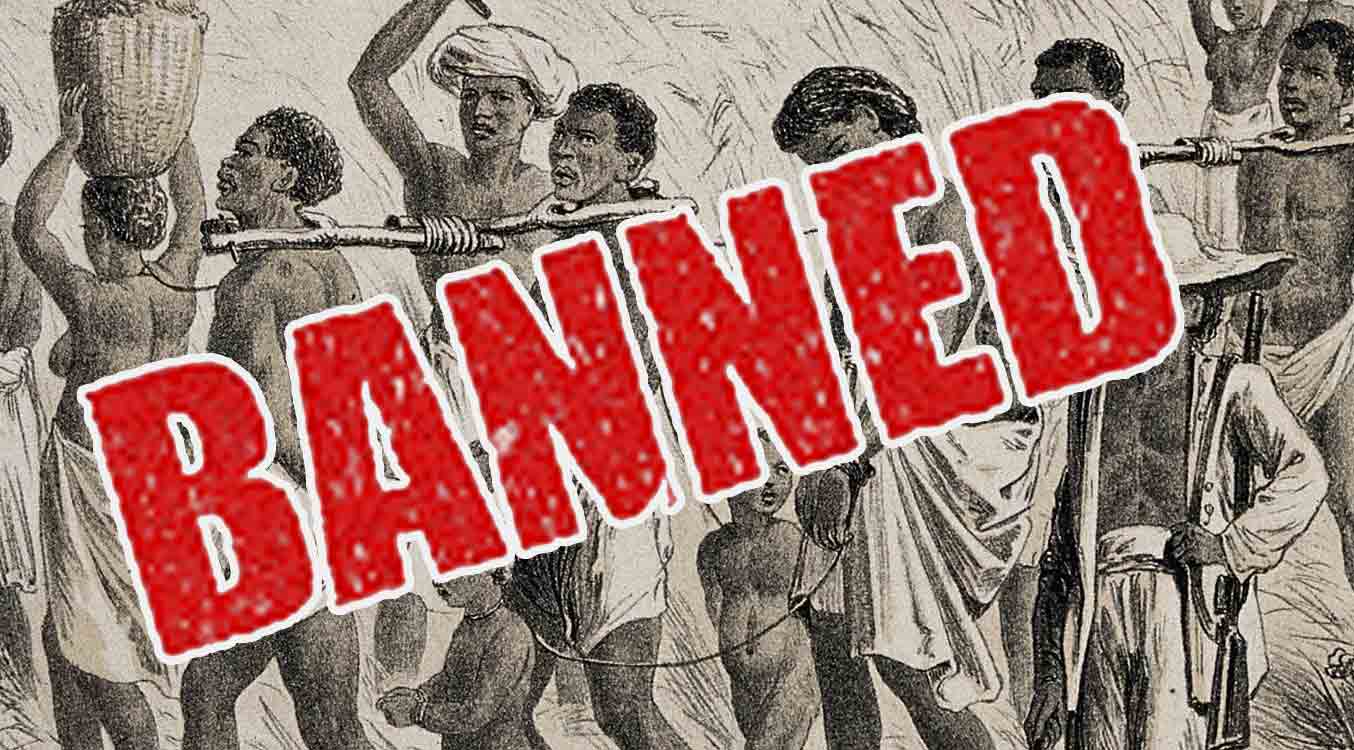In March 1807, the American Congress passed an act prohibiting the importation of slaves into any American port or to any place within the jurisdiction of the United States…”from any foreign kingdom, place, or country.” No new slaves were to be allowed into the country from the following year. The law went into effect on January 1, 1808, and though loosely enforced, it marked a turning point in the demand for human rights and establishment of a modern social order based on multiracial values. Slavery itself, however, continued in the US till about the end of the Civil War and the adoption of the 13thAmendment to the Constitution. The earliest consignment of African slaves to North America arrived at Jamestown, Virginia, in August 1619. In the earlier decade of the 17th century, the import of African slaves to the US was not very significant in number. A number of European indentured servants were imported into the North American British colonies. Towards the last two decades of the 17thcentury and through the 18thand early 19thcenturies, African slaves replaced the indentured servants, leading to an explosion in slave trade in the 13 colonies. Through the Colonial Era, planters and traders from the southern states regularly traded in slaves and New England and New York slave merchants booked handsome profits. The American Revolution was the first time that slavery and the trade were seriously threatened. Along with a ban on import of goods from Britain and the rest of Europe, import of slaves was banned too. With British anti-slavery sentiments growing stronger thousands of slaves crossed over to British lines and left the country with them. After the revolution, most of the newly independent states passed laws to abolish slavery. States such as South Carolina and Georgia, however, resisted the move. The invention of the cotton gin in the South in 1793 resulted in cotton becoming a major industry. This meant a sharp increase in the demand for labor and slave labor was by far the most profitable. This also increased the tension between the North and the South. Slave labor and trade became the backbone of the agricultural economy in the southern colonies. In the Constitutional Convention of 1787, the debate centered on slave trade became a major issue of contention. By 1790, the South considered banning importation of slaves with the outbreak of the violent slave revolution in Haiti. Cotton cultivation, however, prompted the resumption of slave import and South Carolina and the newly acquired Louisiana Territory opened up to a fresh wave of slave trade. By 1807, international sentiments were stacked against the slave trade. A number of Southern congressmen crossed over to vote in favor of an act to abolish the African slave trade. The act became effective January 1, 1808, but was by no means the end of slavery in the United States. Slavery and slave-trade in the South continued to flourish since the population of slaves had reached over 4 million. The children of slaves became slaves themselves and the trade continued without the need for any import. Lax enforcement of the ban on import and a dominant South ensured that slaves continued to be smuggled into the US. Between 1808 and 1860, the cotton-rich states of Alabama, Louisiana, and Mississippi, increasingly relied on slave labor to sustain their economies while states like Virginia relied on the profits from the supply of slave labor. In 1807, Great Britain also banned the import and trade of African slaves. This, however, did not deter the import of African slaves to Brazil and Cuba. By 1865, approximately over 12 million Africans had been forced to travel across the Atlantic Ocean and exported into the Americas. About 5% of these had reached the US and about 3 million had been imported by Brazil and Spanish America. About a million African slaves died from diseases contracted and due to poor conditions during these voyages – popularly called the Middle Passage. Countless others died due to poor treatment in the course of their slavery and yet others in the slave wars that rocked the western world. Though ineffective in ending the menace of slavery, the act prohibiting the importation of slaves into the US is a momentous legislation insomuch that without the ban, it may be assumed that millions more would have been imported and sold into forced labor, inhuman treatment, and inhospitable conditions. For a number of years, free Afro-Americans celebrated January 1 as their true Independence Day, rather than July 4.
January 1 1808 – Importing Slaves To The US Is Banned
In March 1807, the American Congress passed an act prohibiting the importation of slaves into any American port or to any place within the jurisdiction of the United States…”from any…
